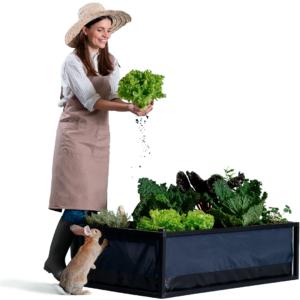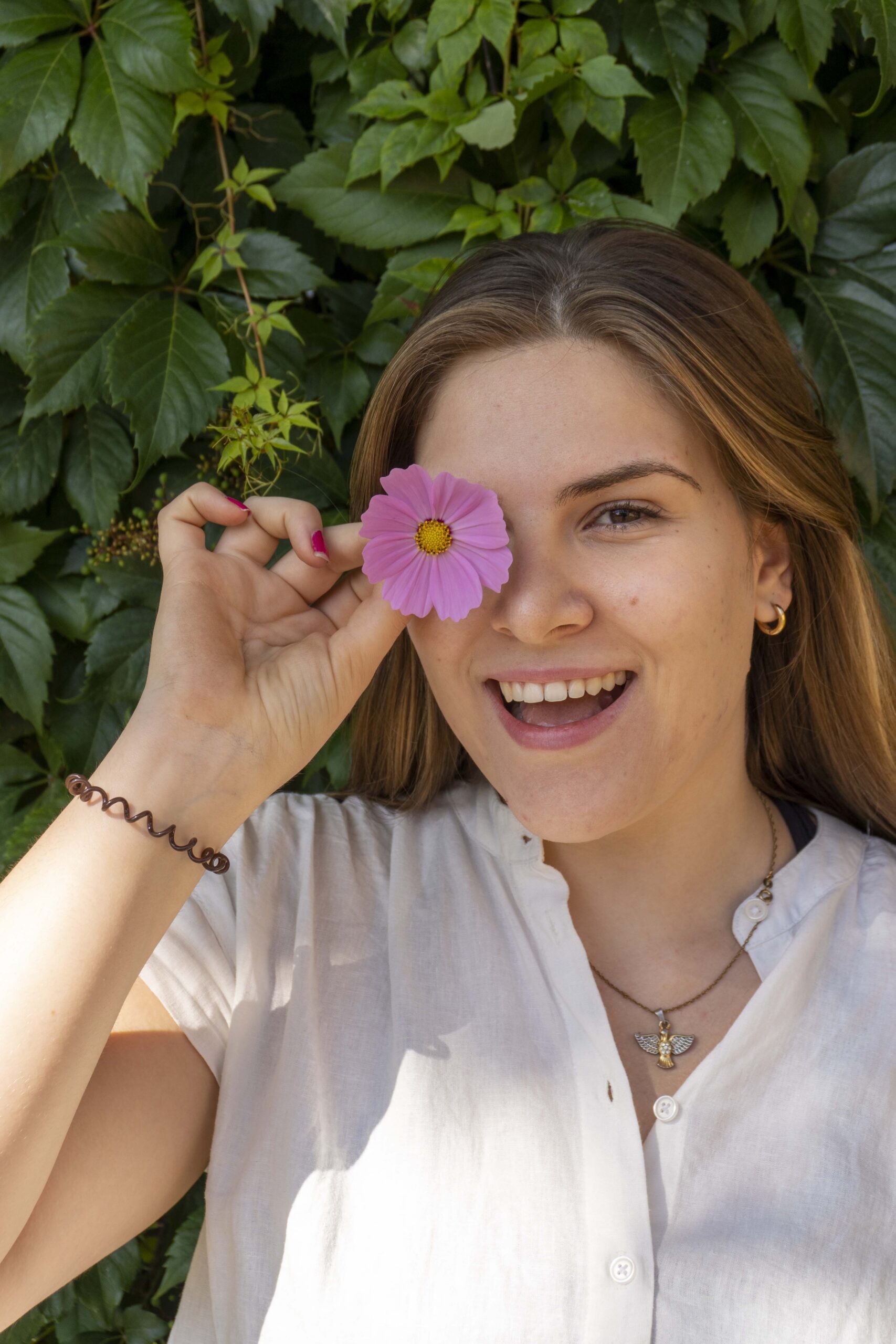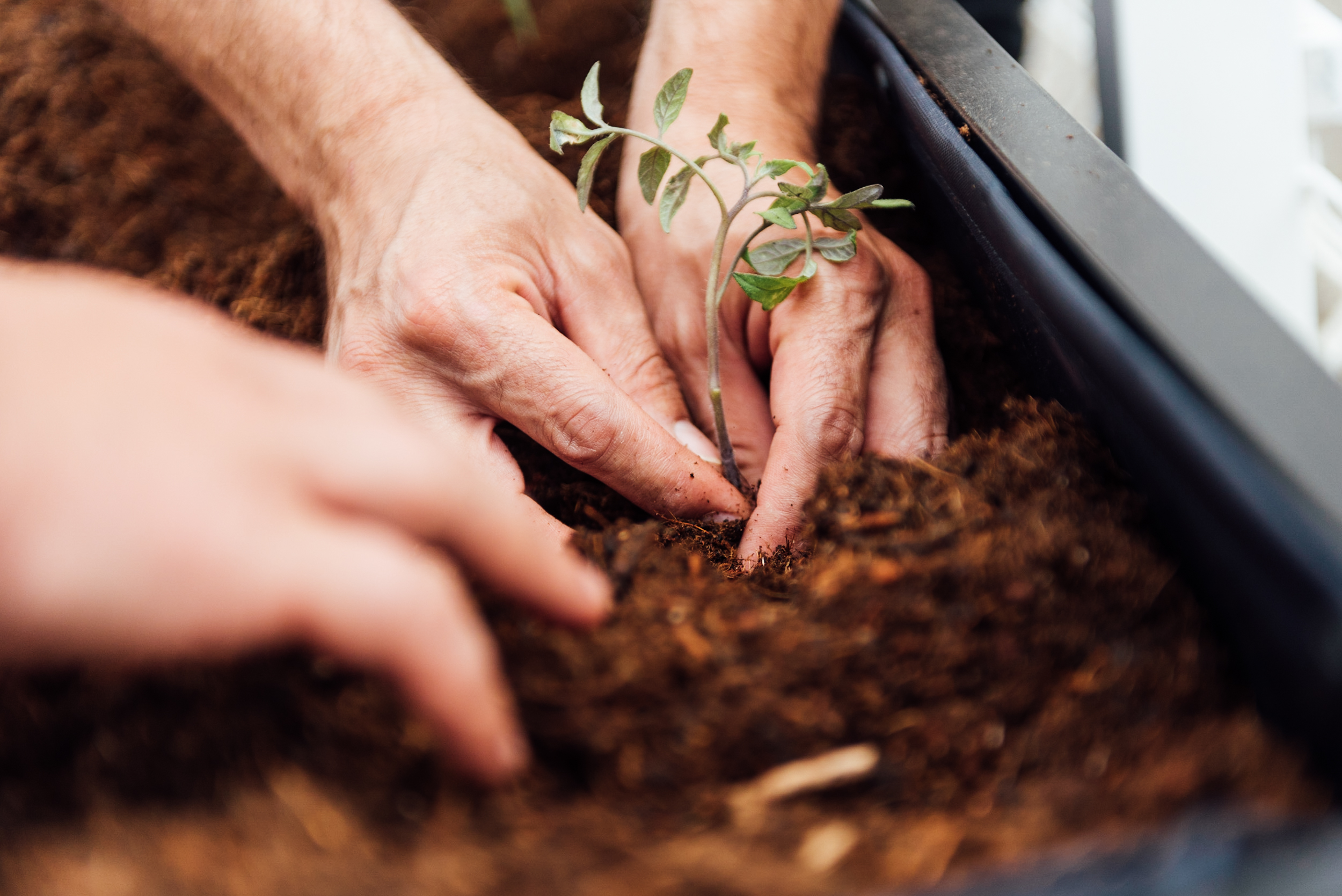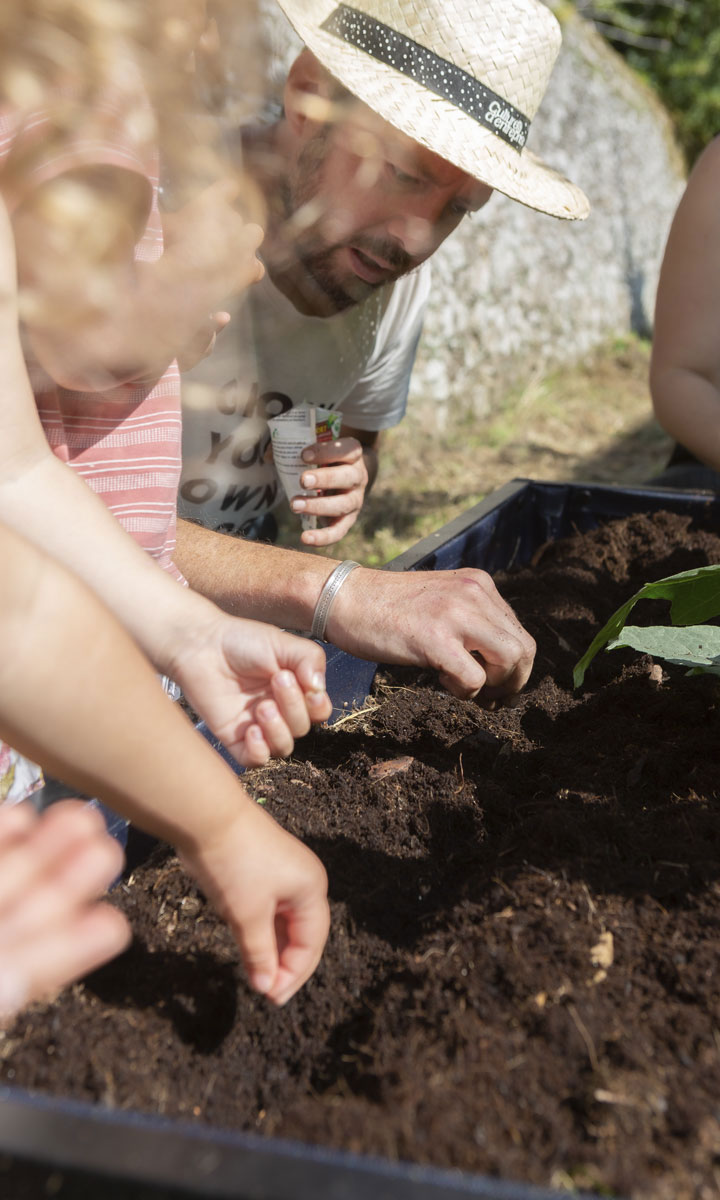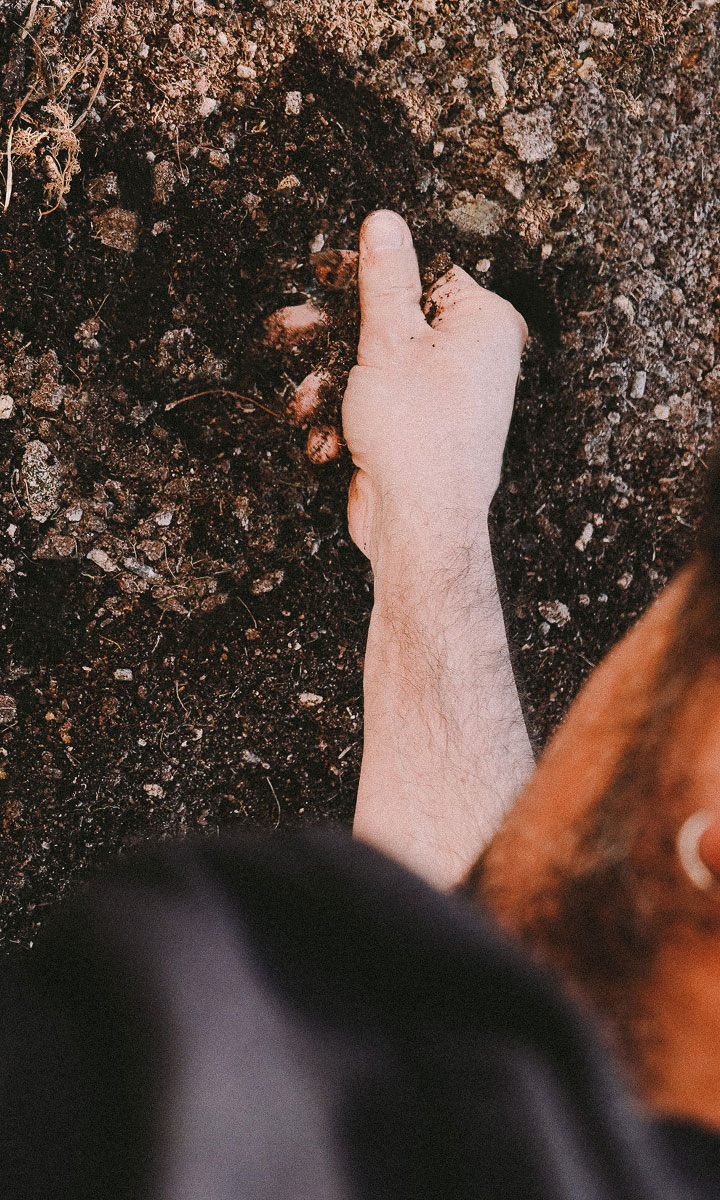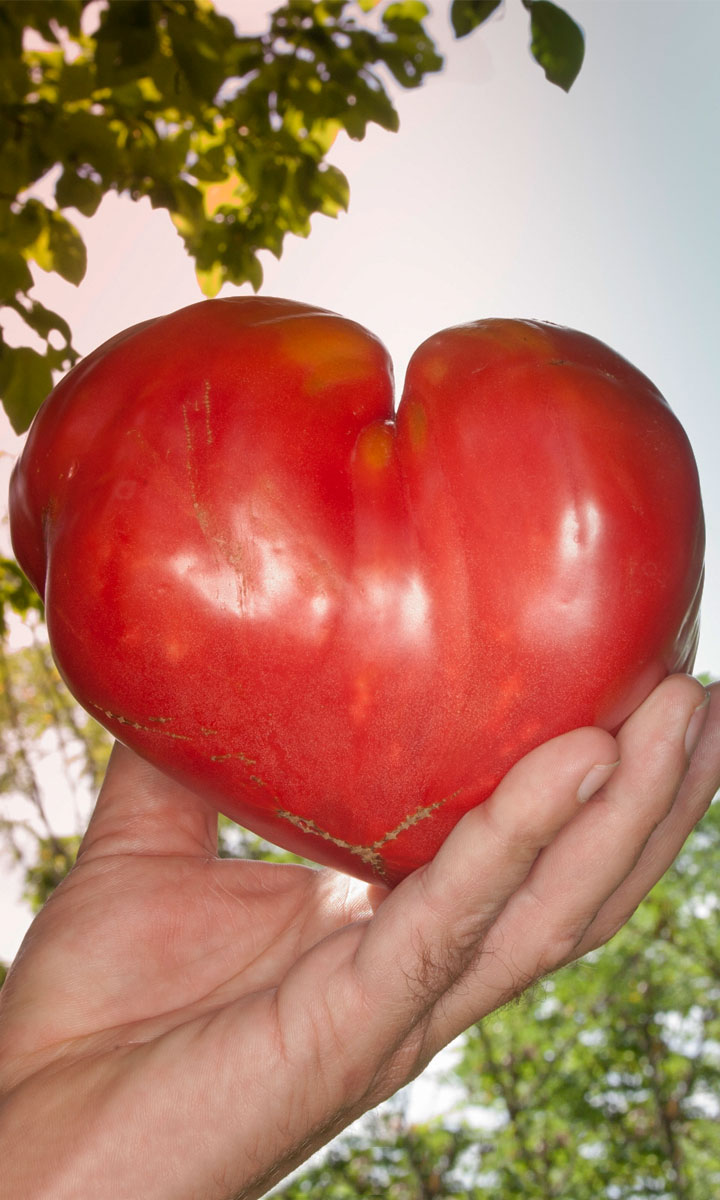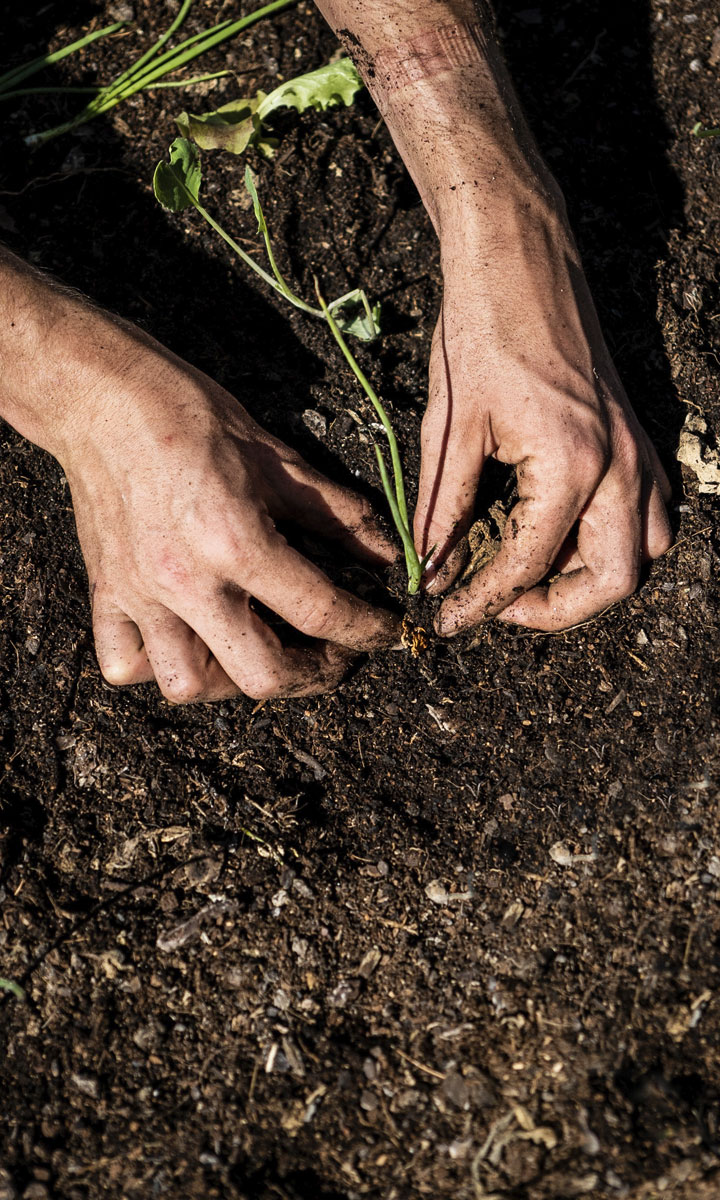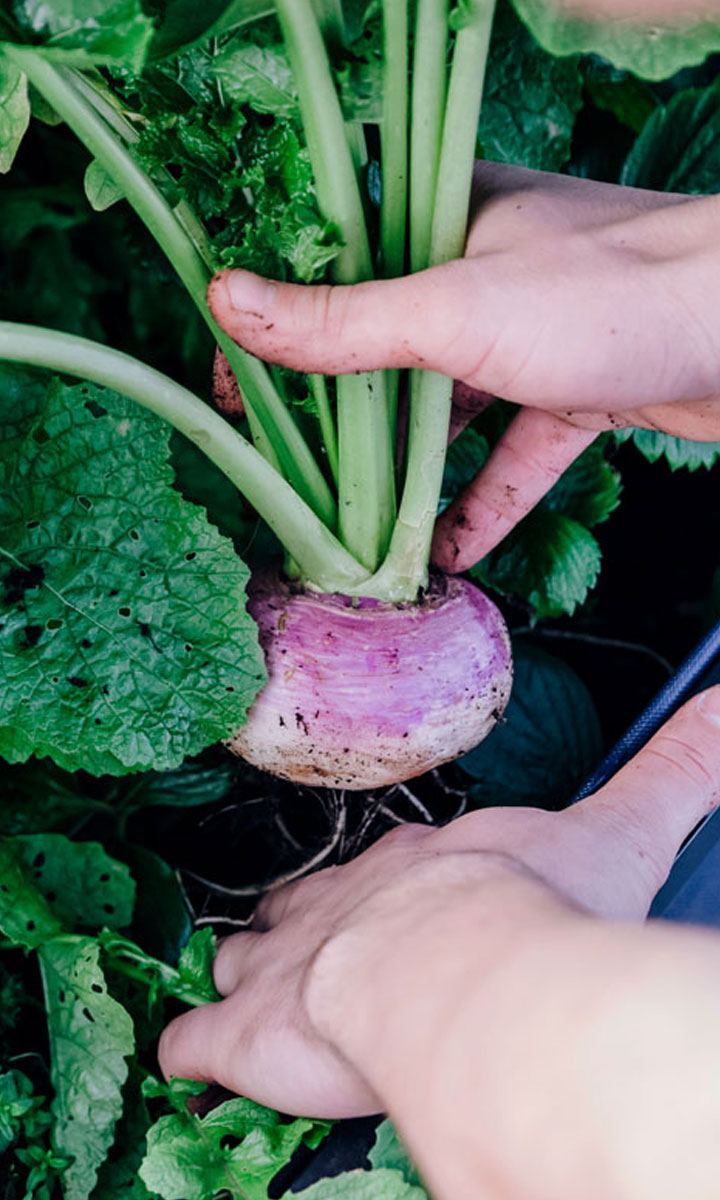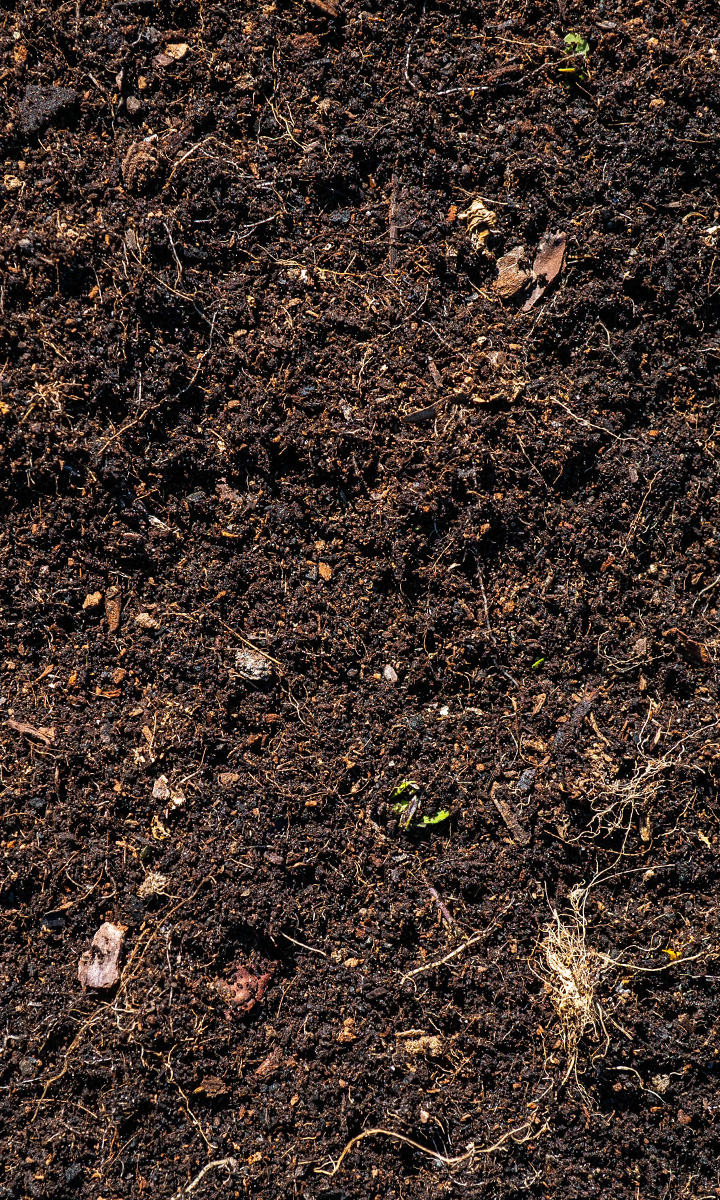Slow Living. 7 ways to live more slowly.

Henrique Dias
In a world evolving at breakneck speed, it is more and more appropriate to consider “slow living” or “slow life.” This trend became widespread in 2004 but emerged in the 1980s, under a slightly different name and concept: slow food. This movement, created by Italian Carlo Petrini, opposed fast food restaurants, foods wrapped in plastic, and ultra-industrialized products — all spawned by the opening of the first McDonald’s in Italy’s capital. The idea was to encourage the consumption of fresh, tasty foods, as well as organic, seasonal and local ingredients. The movement has had a huge impact: the international organization Slow Food now has 78,000 members in 85 countries including Japan, Australia and the United States.
As other aspects of life accelerated, this idea grew into a holistic way of life. However, it was not until fifteen years later, with the publication of Carl Honoré’s book Praise of Slowness in 2004, that slow living was officially born.
As the name implies, slow living involves going against the frantic pace of modern society, in which few people take the time to look at themselves or at others. It opposes everyday habits, characterized by consumerism and a lack of attention to the senses and emotions, a phenomenon which is not without danger for psychological health. The principle of slow living is to seek balance by slowing down; lifting your foot off the gas pedal allows you to look, listen, breathe, touch, smell and think.
So how can we adopt this way of living? Some people have radically changed their lives, left their conventional jobs and cities to settle in places where the pace is slower and less prone to detrimental habits. If such a drastic change is not an option, other strategies can be used to slow your pace. These can be implemented individually, by adopting new daily habits, or collectively, especially in companies.
In fact, the corporate world has everything to gain from adopting the principles of slow living: employees who are close to their true emotions are more psychologically balanced and more productive, and far less prone to burnout or anxiety. Here are 7 simple strategies and habits to begin slow living. Let’s get started.
1. Nature is slow living’s best friend.
Working in a garden, in contact with the earth and everything it produces is an ideal way to apply the principles of slow living. Nature shows us the importance of timing while helping us slow down our pace. In the garden, nothing happens immediately — everything comes in its own time.
Rolling up your sleeves and gardening — whether it’s herbs, squash, lettuce or tomatoes — has an almost meditative effect. You focus on the task at hand, in the “here and now”, in direct contact with the earth, with all your senses engaged. You live in the present moment. It’s no coincidence that the vegetable garden is a powerful weapon against anxiety or burnout. Gardening helps us understand and accept that we cannot control everything, and that taking our time is necessary in any process.
2. Meditate or practice mindfulness.
Much like gardening, meditation is a way to counteract the accelerated lifestyle our modern society lives — hence the immense benefits of this practice. Whether at home or as part of an activity organized at work, meditation helps achieve better psychological balance. When we meditate, we pay attention to our true emotions and feelings. We slow down and connect to our natural cycle. Yoga is also a great way to achieve this feeling by involving a physical aspect to the activity, working the body to stretch and strengthen it.
3. Take a walk though nature.
While walking in the middle of the city can increase stress levels (with so many cars, sirens, traffic, garbage, and people in a hurry), walking in nature can be a pleasure for your senses and your mind. Look, listen, smell the flowers, the plants, the earth. Get carried away by their natural rhythms and influenced by their calm, their serenity. Feel the scientifically proven effects that nature has on our well-being: nature’s unique ability to make us happier is called biophilia.
4. Transform everyday gestures into rituals.
Whether it’s while showering, eating breakfast, getting dressed, or thinking about what you are doing, try to avoid making tasks mechanical or mindless. Don’t neglect the tasks you repeat every day. Do them intentionally and turn them into rituals.
5. Cook your own meals.
Forget about ready meals. Like gardening, cooking also allows you to relax, concentrate and live in the moment. Create your dishes from scratch, working with each and every ingredient. You’ll enjoy food differently, distinguishing flavors and textures. And, of course, you’ll get all the nutritional benefits of real food.
6. Don’t eat too fast.
Still on the topic of meals, don’t eat at your desk or standing up in a café. Enjoy your sit-down lunch, chew slowly, pay attention to flavors, and avoid rushing through meals. Eating is too essential and pleasurable to be rushed.
7. Staying offline is slow living.
This is so very important. Whenever possible, disconnect from technology and from the frenetic noise of incessant notifications. Enjoy your solitude and your surroundings, mindful of your actions. Truly enjoy the moment. Disconnecting from technology means connecting with yourself.
